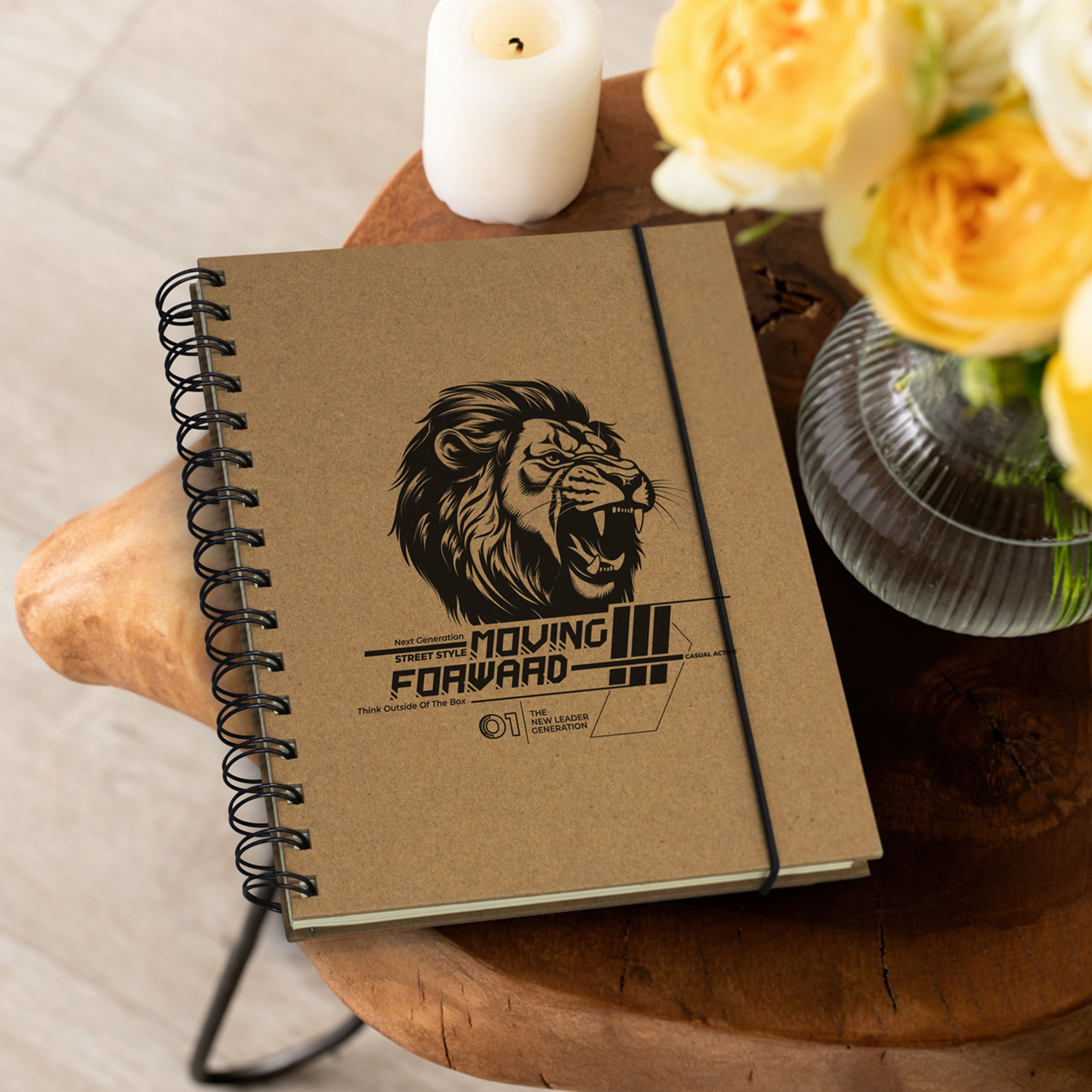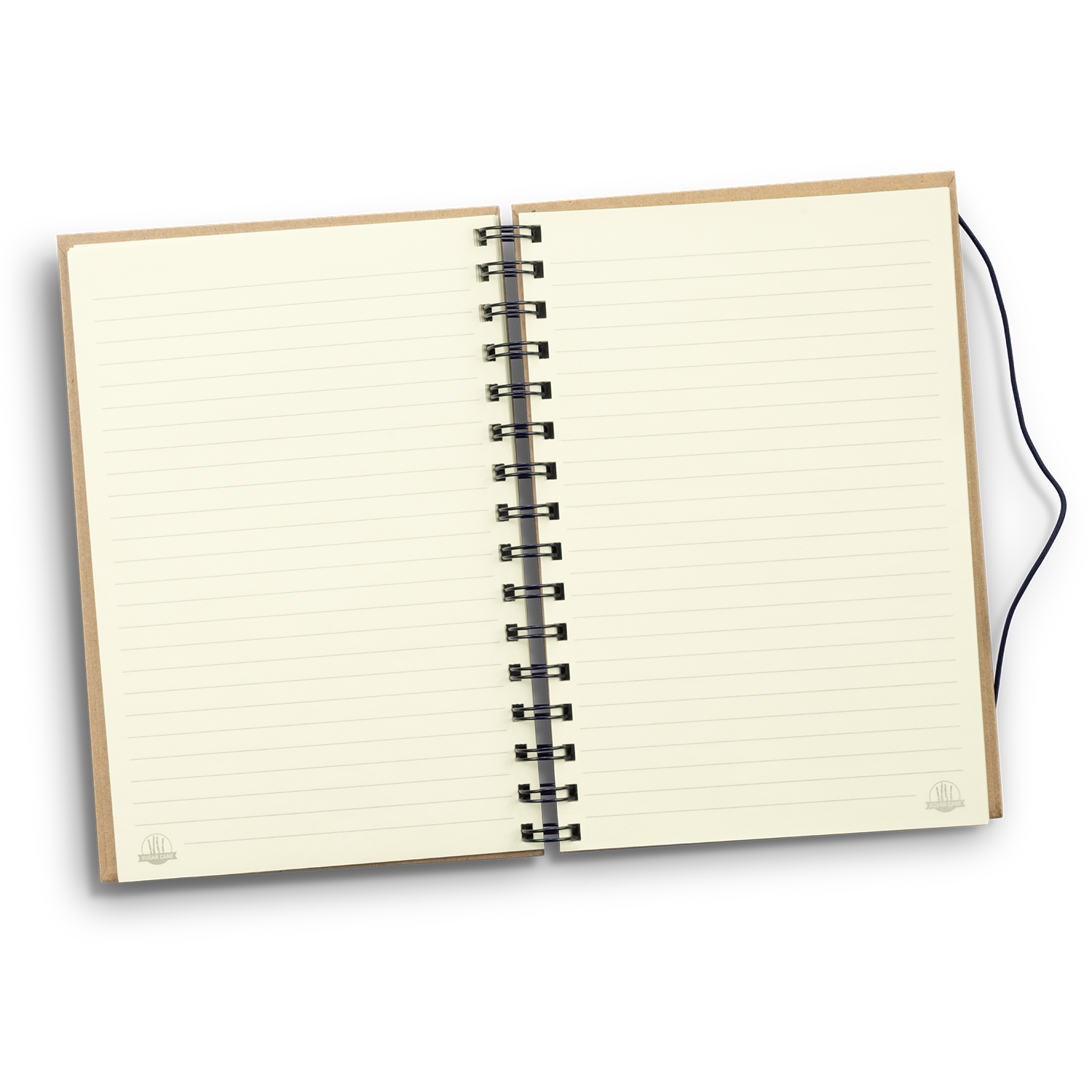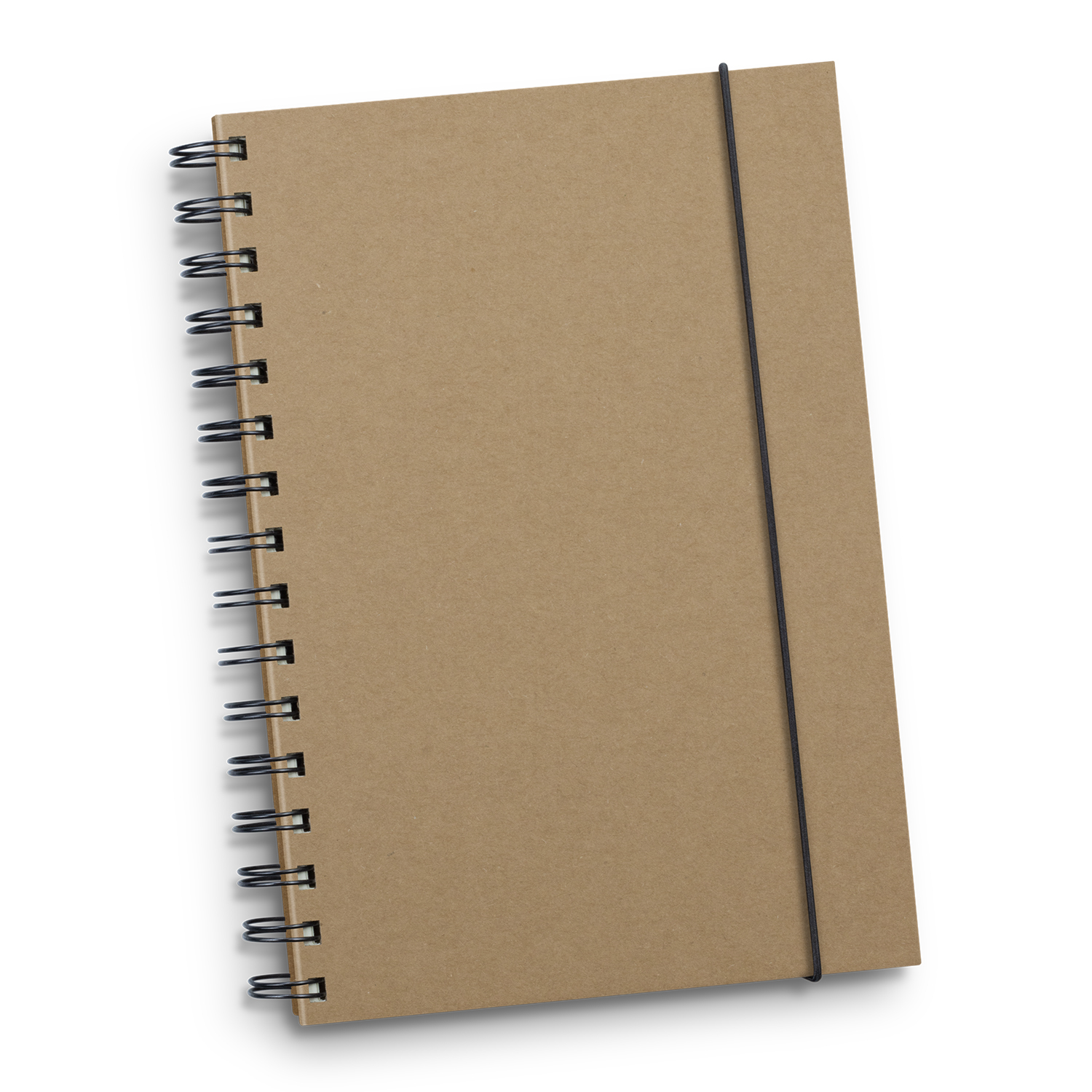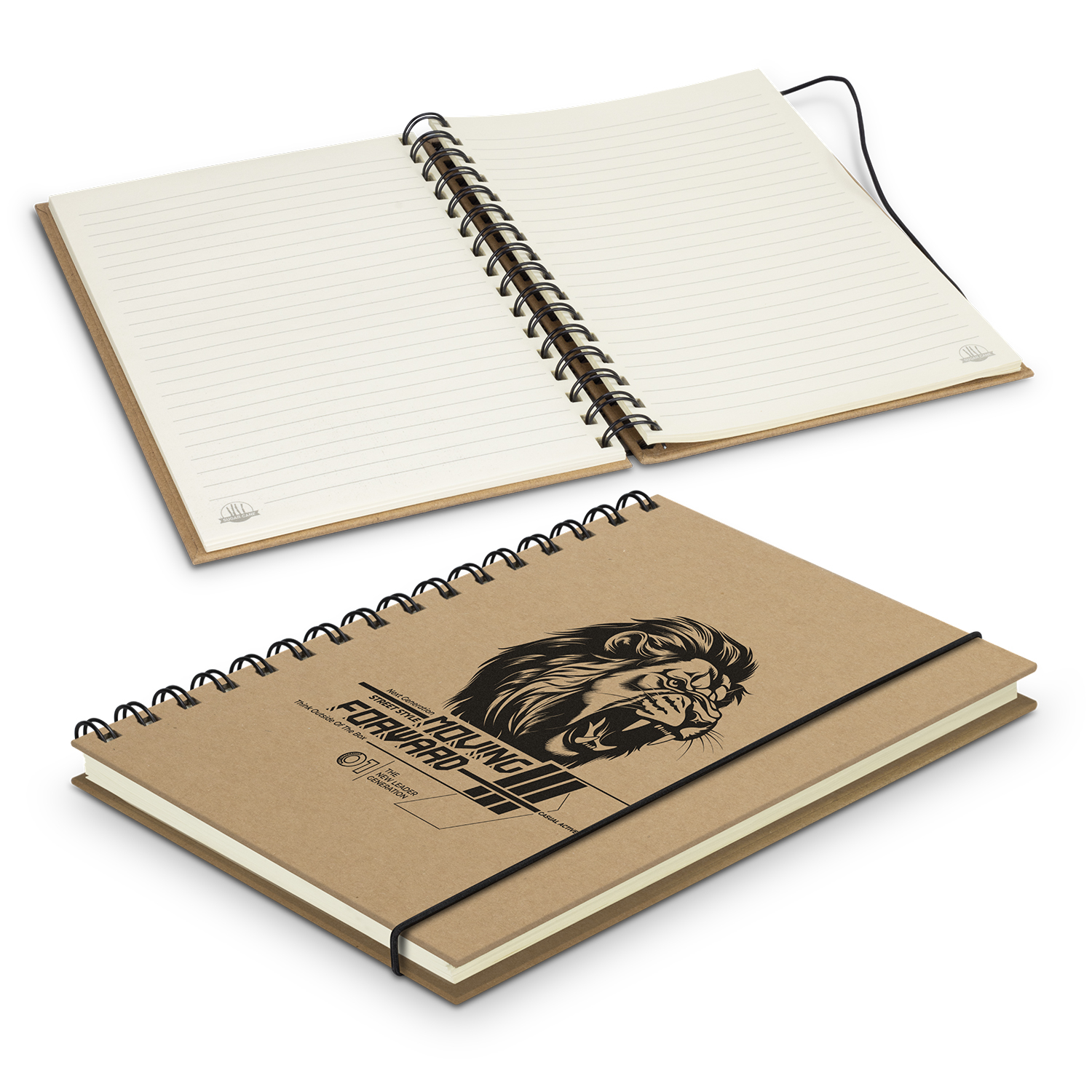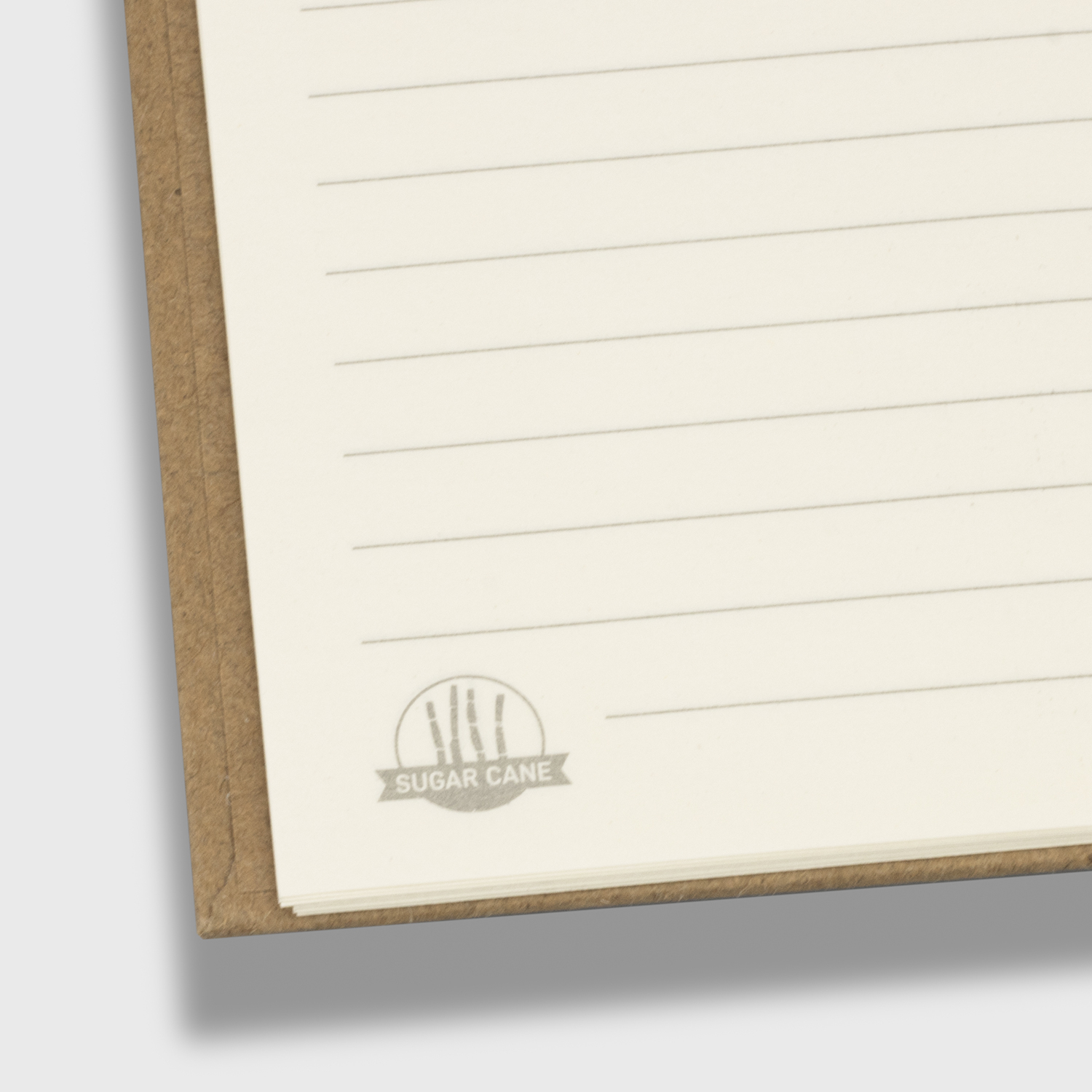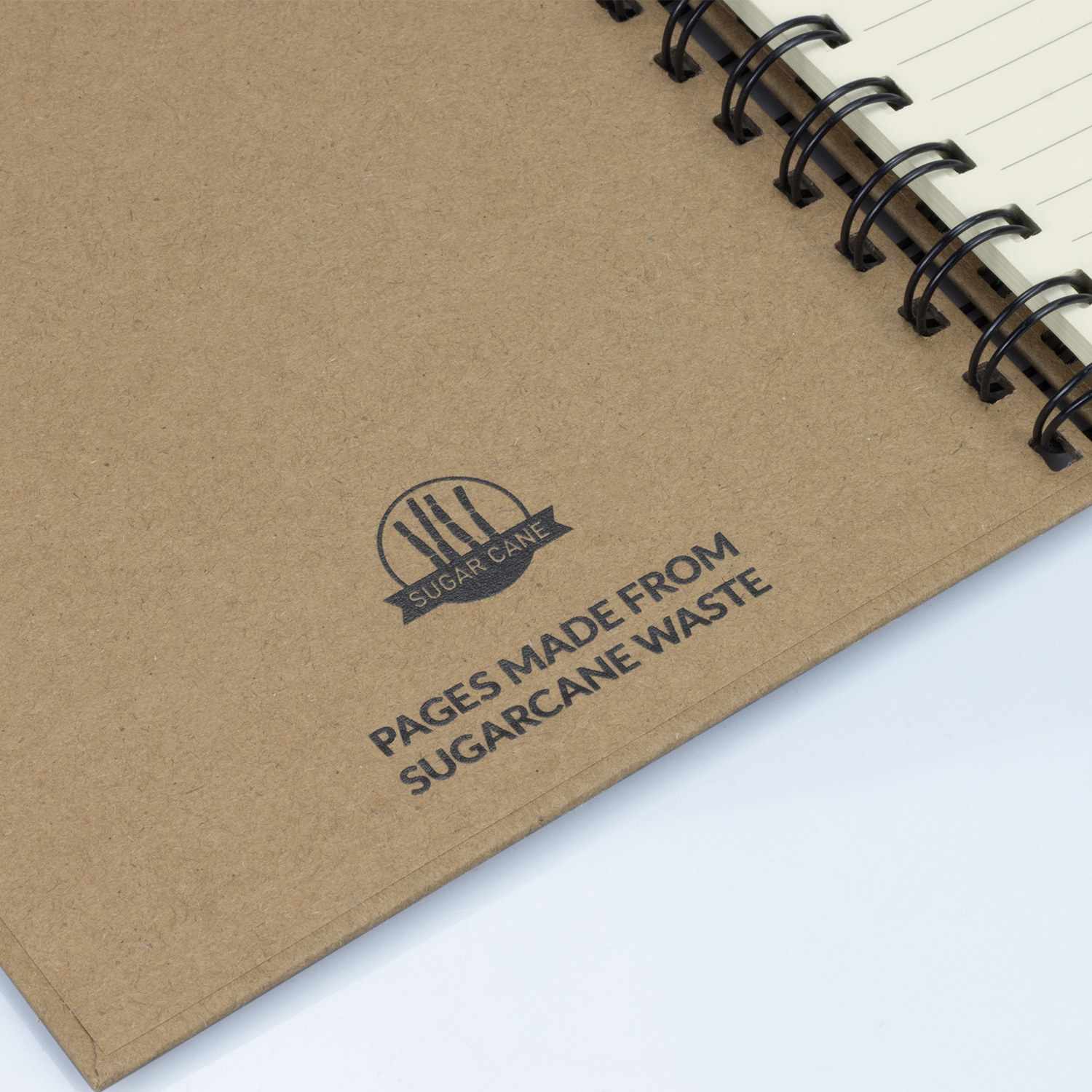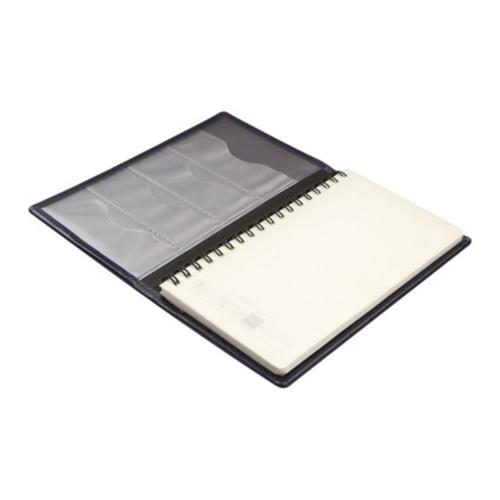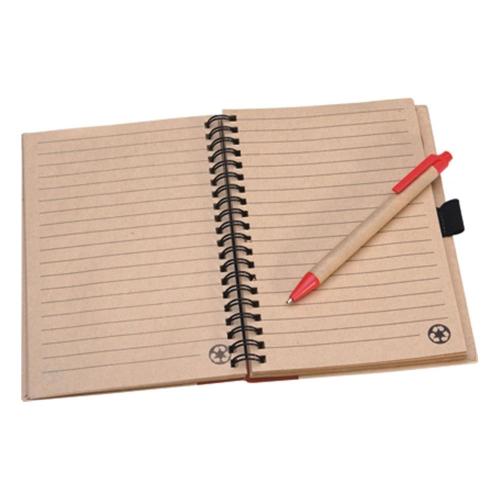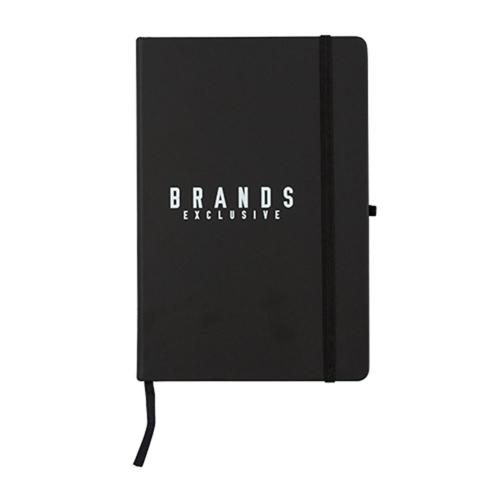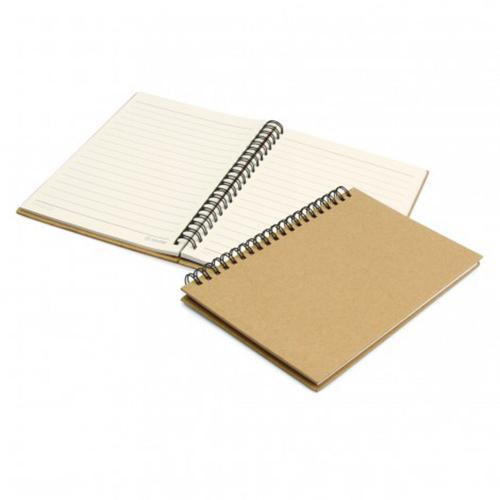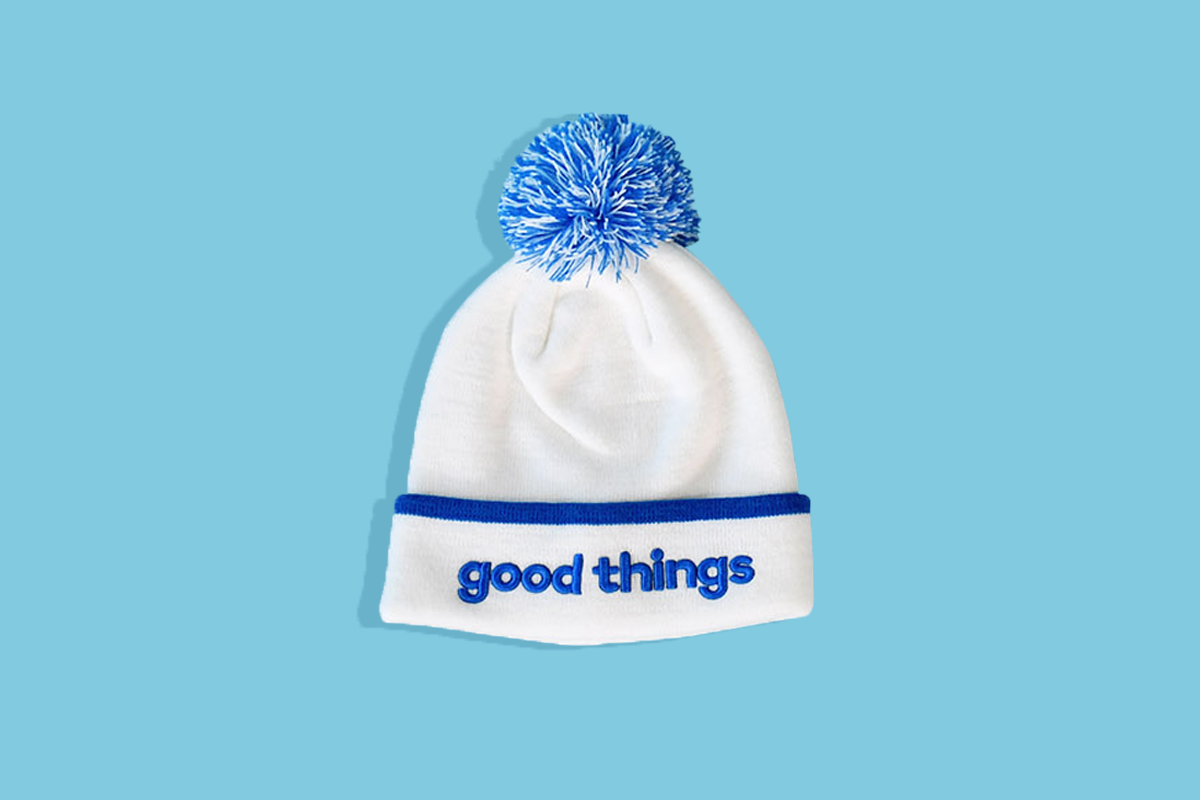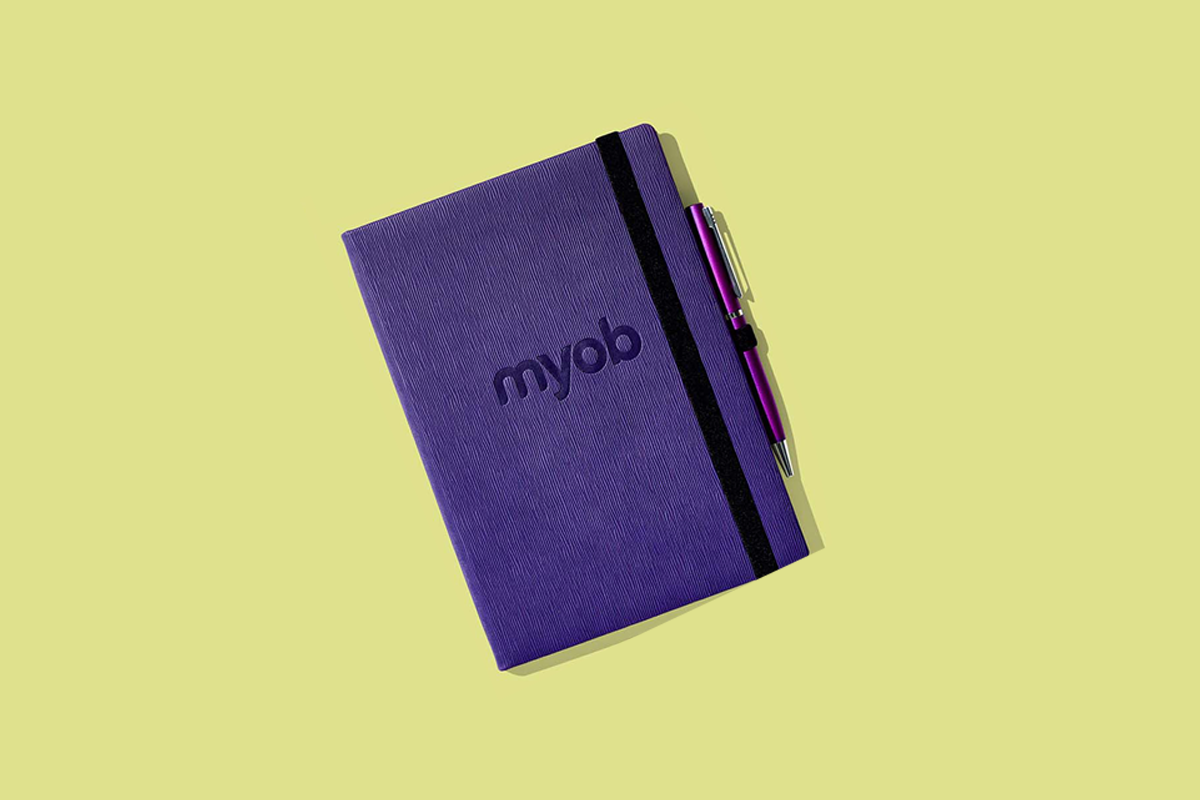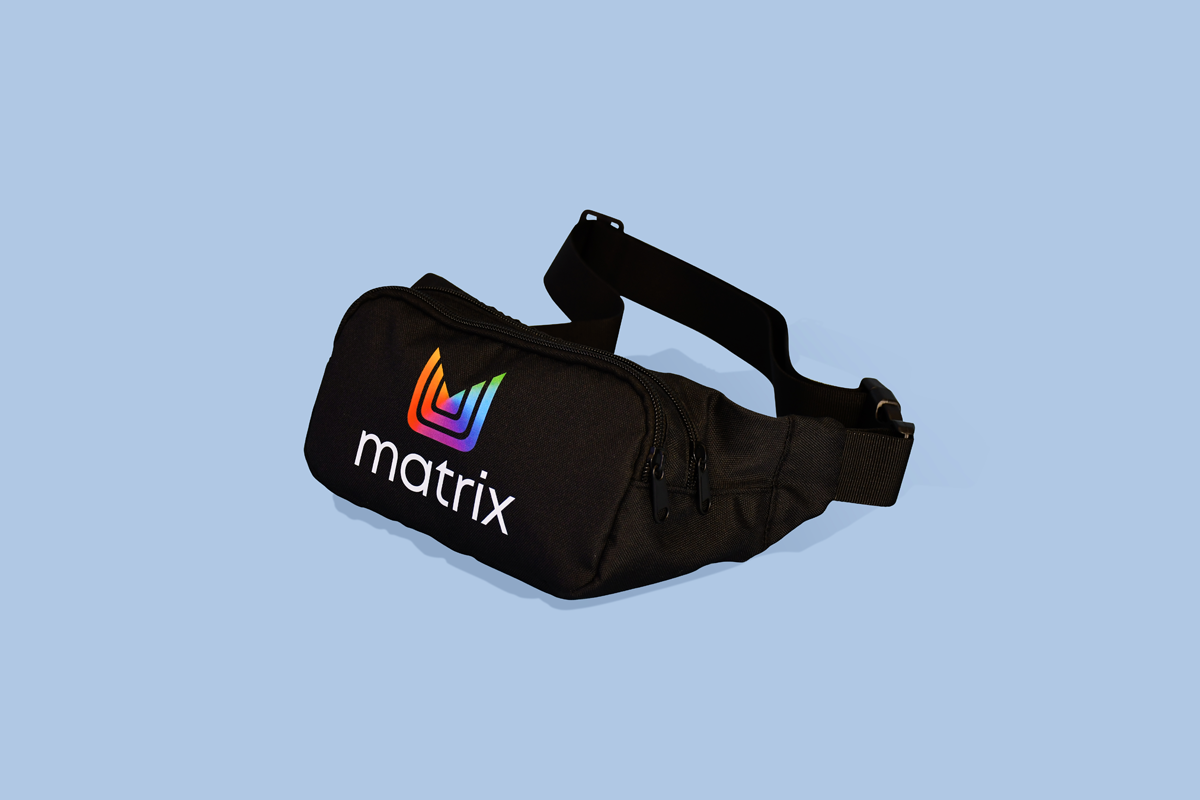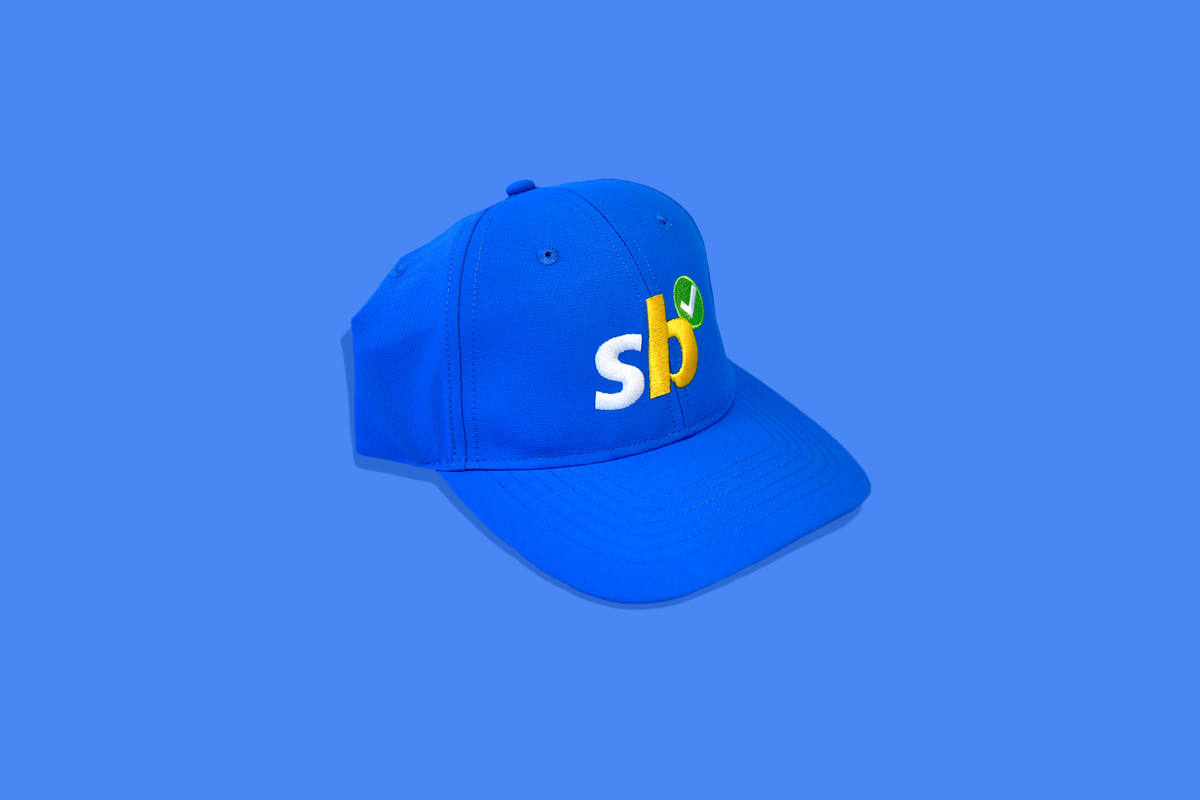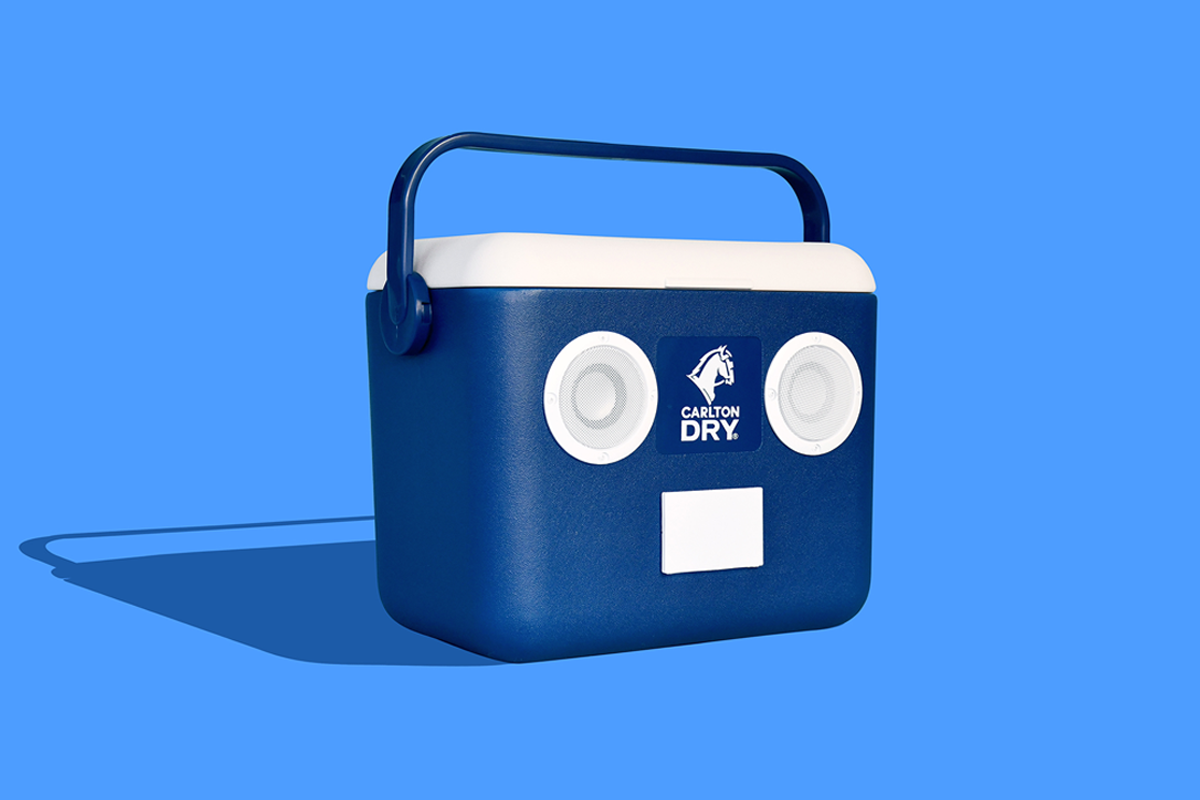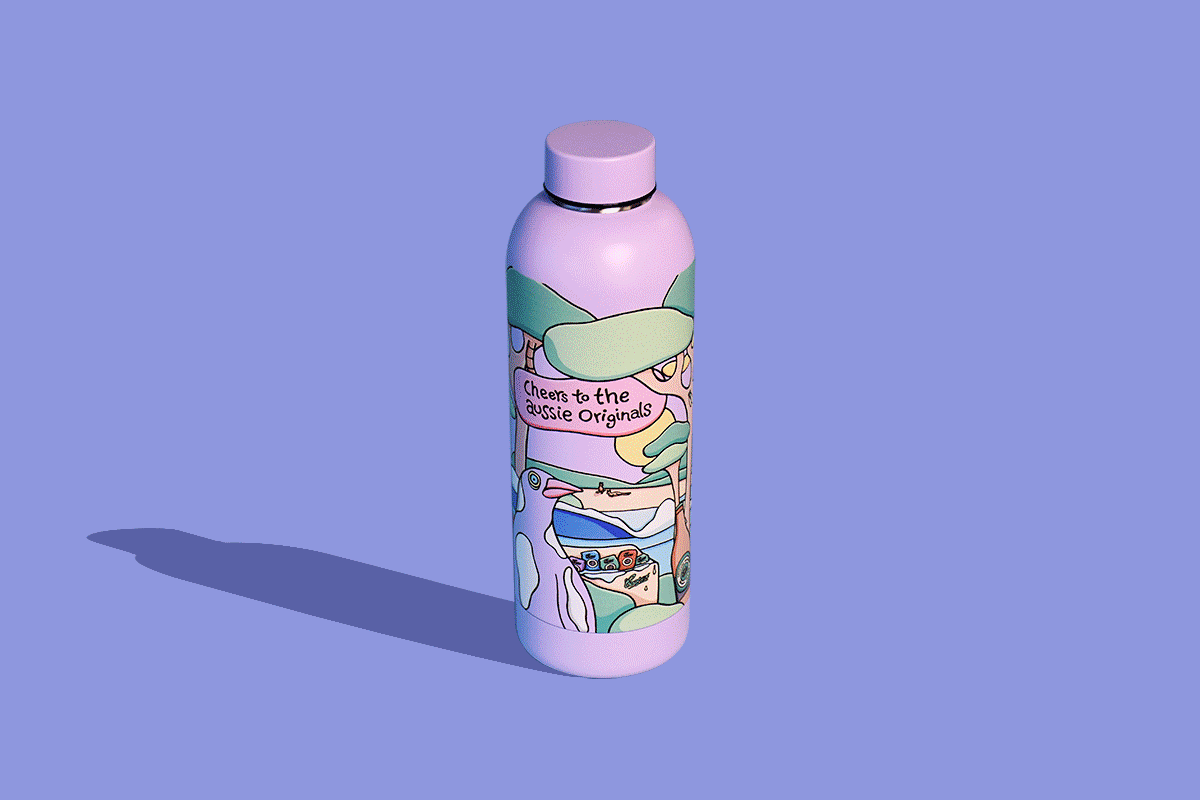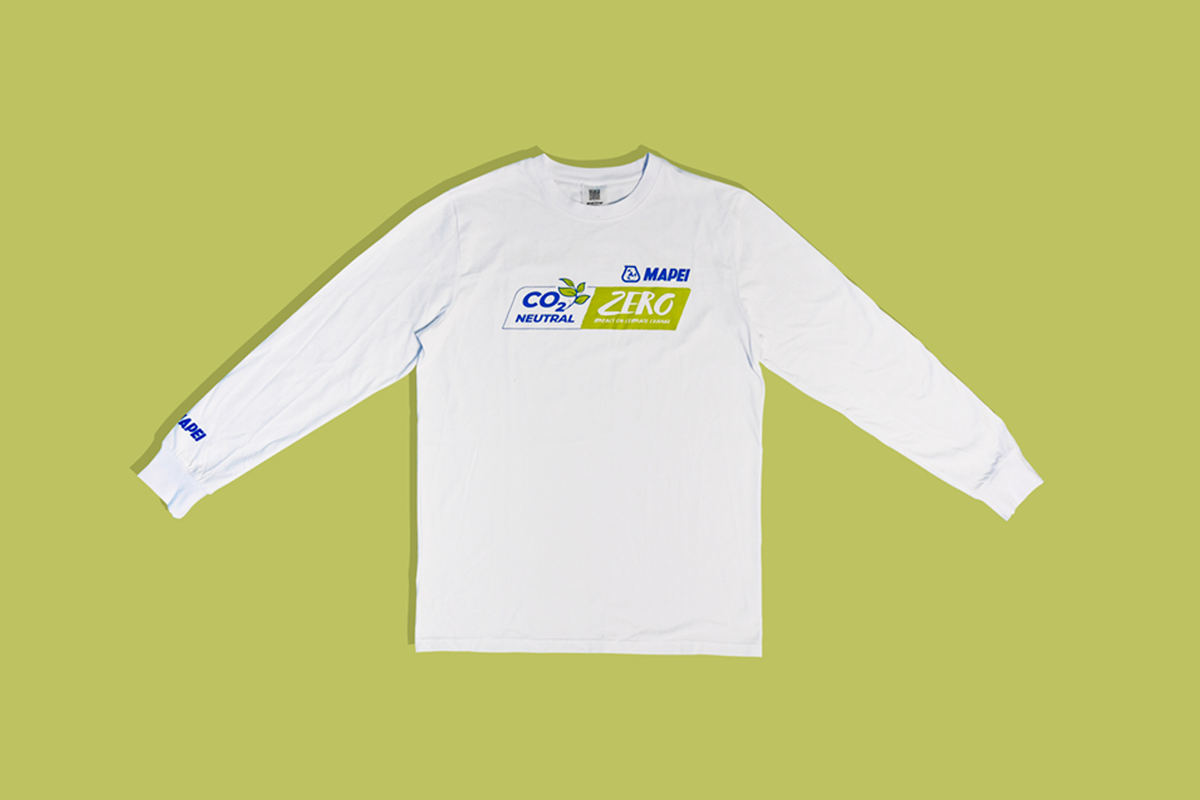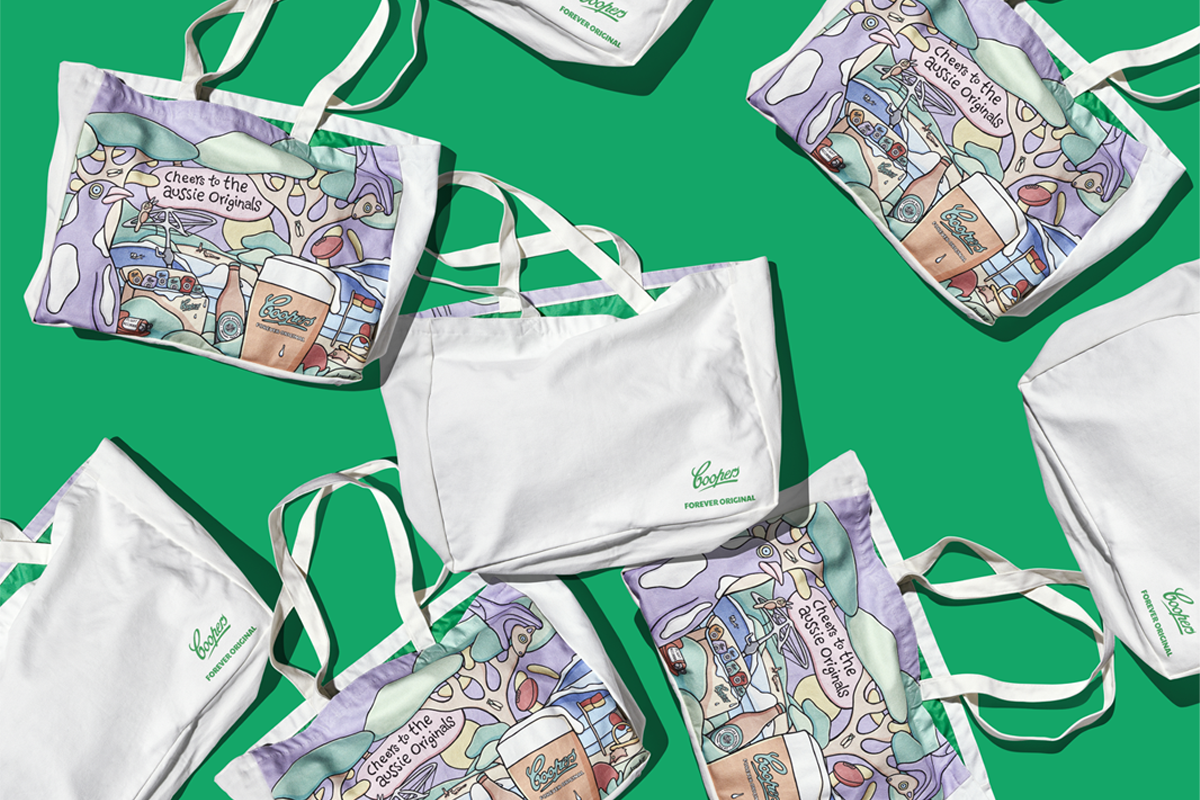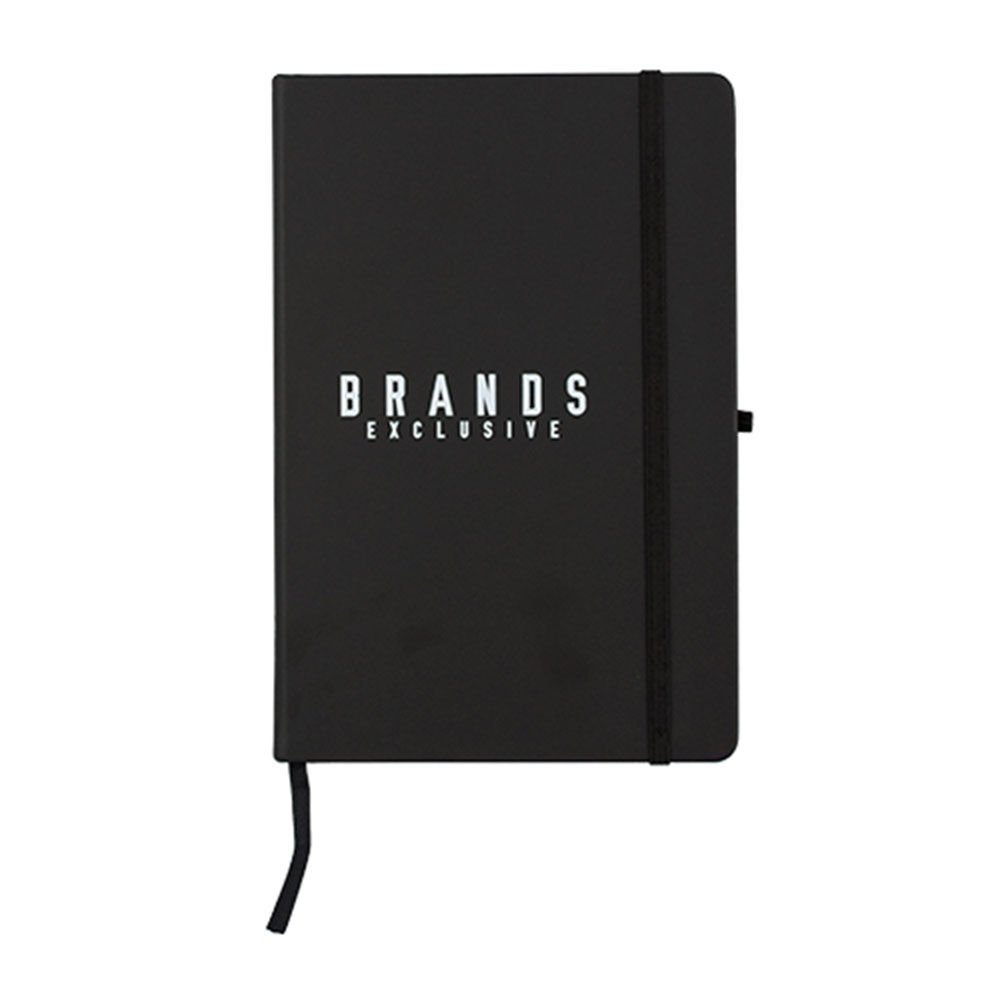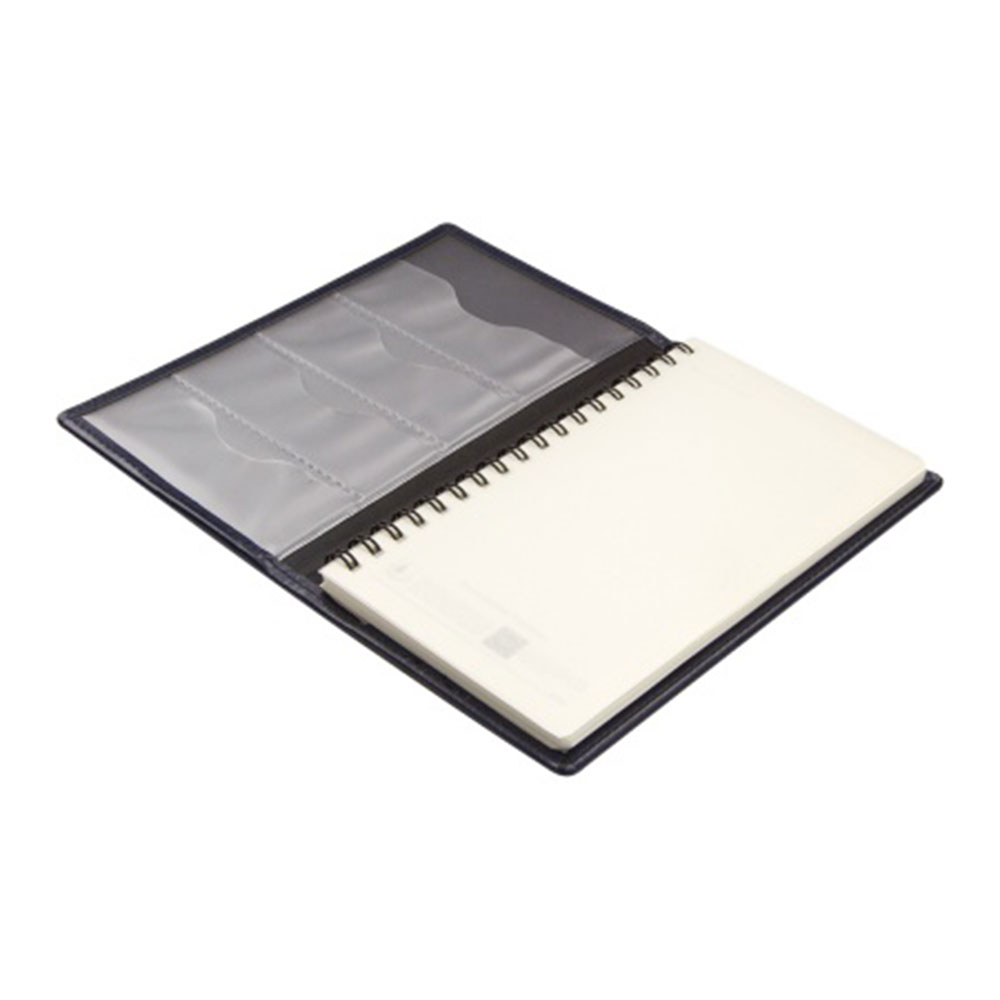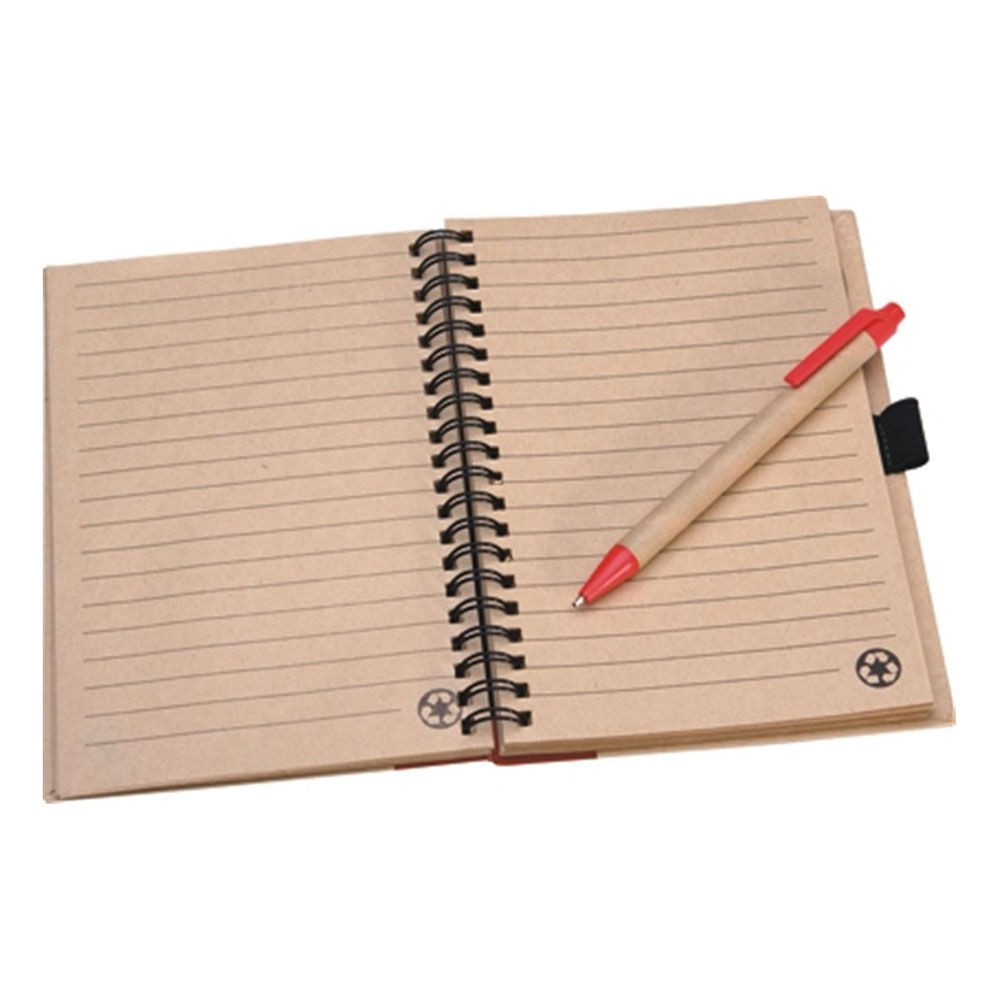Description
Stylish and functional medium-sized (approximately A5) wiro-bound notebook with a hard kraft cover. The notebook features 80 leaves (160 pages) of 70gsm lined cream paper made using sugarcane waste, with a sugarcane logo printed on the inside cover and the corner of each page. An elastic closure helps to keep notes secure.
Impact Aware Collection: This product is part of the Impact Aware collection because it is made with natural materials.
Cover Type: Hard
Size: Medium
Plastic Free Packaging: This product has plastic free packaging
Page Colour: Cream
Binding Method: Wiro
Leaves: 80
Page Edges: Squared
Page Weight: 70 gsm
Approx. Cover Thickness: 2.5mm
Page Design: Lined
Closure Method: Elastic Band
Country Of Origin: China
Loose packed
Dimensions:
L 207mm x W 155mm x 18mm
Additional information
| Decoration | 1 Colour 1 Location Pad Print, 1 Colour 2 Location Pad Print, 1 Colour 3 Location Pad Print, 1 Location Screen Print, 2 Colour 1 Location Pad Print, 2 Colour 2 Location Pad Print, 2 Colour 3 Location Pad Print, 2 Location Screen Print, 3 Colour 1 Location Pad Print, 3 Colour 2 Location Pad Print, 3 Colour 3 Location Pad Print |
|---|---|
| Colour | Natural |
| Material | Kraft Paper | Cardboard, Sugarcane Paper |
| Production Time | 2 Weeks Production Time |
Our guarantee
All of our products are fully guaranteed to work, look and feel as designed.
Our most highly regarded company value at Good Things is integrity. We do what we say we are going to do in a timely fashion. We get "Back in a Flash" to all our clients for quotes, artwork and samples.
It is essential in our industry - from meeting delivery deadlines, through to having a product match a sample when delivered to each minute detail.
When dealing with us you can expect to get exactly what you ordered: as agreed, and on time. That is the Good Things Guarantee.
Product reviews
Sugarcane Paper Spiral Notebook

99.4% jobs
delivered on-time

Free graphic
design

Quotes within
24 hours
Get an instant quote
Description
Stylish and functional medium-sized (approximately A5) wiro-bound notebook with a hard kraft cover. The notebook features 80 leaves (160 pages) of 70gsm lined cream paper made using sugarcane waste, with a sugarcane logo printed on the inside cover and the corner of each page. An elastic closure helps to keep notes secure.
Impact Aware Collection: This product is part of the Impact Aware collection because it is made with natural materials.
Cover Type: Hard
Size: Medium
Plastic Free Packaging: This product has plastic free packaging
Page Colour: Cream
Binding Method: Wiro
Leaves: 80
Page Edges: Squared
Page Weight: 70 gsm
Approx. Cover Thickness: 2.5mm
Page Design: Lined
Closure Method: Elastic Band
Country Of Origin: China
Loose packed
Dimensions:
L 207mm x W 155mm x 18mm
Additional information
| Decoration | 1 Colour 1 Location Pad Print, 1 Colour 2 Location Pad Print, 1 Colour 3 Location Pad Print, 1 Location Screen Print, 2 Colour 1 Location Pad Print, 2 Colour 2 Location Pad Print, 2 Colour 3 Location Pad Print, 2 Location Screen Print, 3 Colour 1 Location Pad Print, 3 Colour 2 Location Pad Print, 3 Colour 3 Location Pad Print |
|---|---|
| Colour | Natural |
| Material | Kraft Paper | Cardboard, Sugarcane Paper |
| Production Time | 2 Weeks Production Time |
Our guarantee
All of our products are fully guaranteed to work, look and feel as designed.
Our most highly regarded company value at Good Things is integrity. We do what we say we are going to do in a timely fashion. We get "Back in a Flash" to all our clients for quotes, artwork and samples.
It is essential in our industry - from meeting delivery deadlines, through to having a product match a sample when delivered to each minute detail.
When dealing with us you can expect to get exactly what you ordered: as agreed, and on time. That is the Good Things Guarantee.
 Australian-Owned
Australian-Owned
